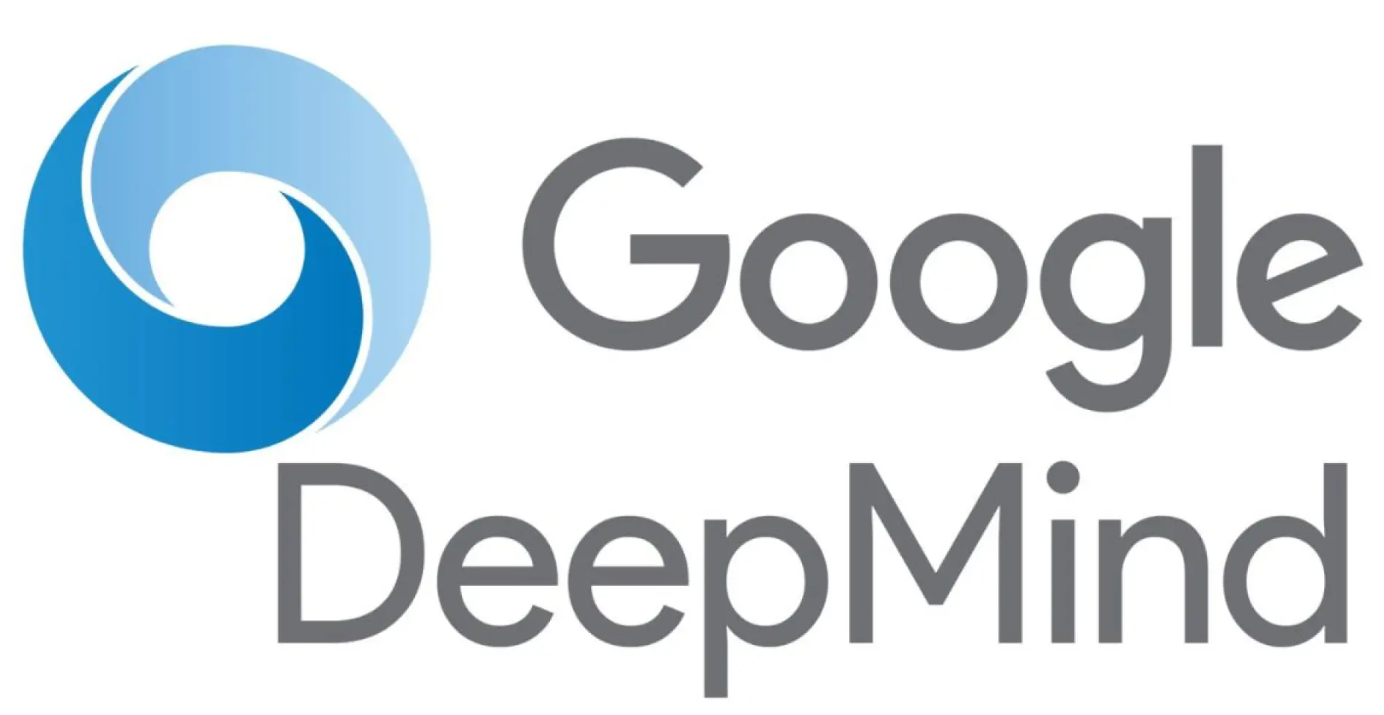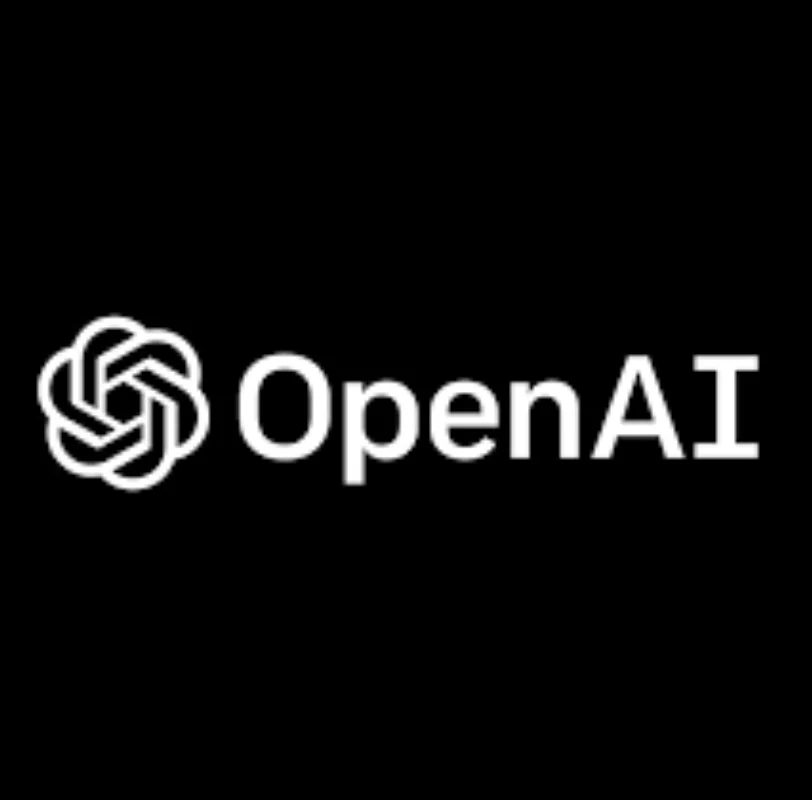In the AI landscape, where digital assistants may soon handle our daily tasks, Google DeepMind Senior Staff Research Scientist Iason Gabriel is leading the charge, tackling the ethical implications. On the Google DeepMind podcast with Professor Hannah Fry recently, Gabriel talked about his vision for AI assistants and the profound moral responsibilities they present.
As Gabriel explains, the potential for AI assistants goes beyond simple chat interactions.
“We envision a future where AI assistants can become ‘agentic’ — capable of independently taking actions based on our intentions,” he said. This future means that these assistants, tethered to the user’s intentions, might soon help us manage life’s complexities more than we could imagine today.
Gabriel discussed the diverse types of AI assistants that could emerge, from administrative aids to companions that act as “custodians of the self.” These assistants, he notes, might help us “become more the people that we want to be,” by giving us back our time and potentially helping us reach personal goals. The vision is ambitious but ethically complex, as these systems’ decisions will directly affect individuals and society.
One of the primary concerns Gabriel addresses is the anthropomorphic nature of AI, or how human-like these systems should appear.
“There’s a kind of unexpected magnetism or pull that comes from interacting with an AI that’s fluent,” Gabriel observed. While natural communication enhances usability, it also opens the door to complex questions about emotional attachment and dependency. Gabriel acknowledges that some users already report feeling a deep connection with AI companions, which sometimes even aids their mental health. “People actually quite like having AI that resembles human entities,” Gabriel noted, underscoring the potential therapeutic benefits, though he emphasizes the need for careful design to ensure these relationships remain healthy.
Value alignment — ensuring an AI’s actions align ethically with both individual and societal values — is another critical area Gabriel explores. He explained: “An AI can be misaligned if it does too much of what the user wants at the expense of society,” adding that AI assistants must have safeguards that prevent them from compromising broader social values for the sake of individual preference. For example, if a user instructs their assistant to secure a quiet restaurant for Valentine’s Day by booking all the seats, it would serve the individual’s interest while denying others a fair opportunity. Balancing individual needs with societal good is the crux of the value alignment challenge.
Gabriel also warned of the risks when millions of AI assistants interact simultaneously, potentially creating unforeseen societal shifts.
“It isn’t clear what kind of psychological and social bubbles we will form with this AI system,” he cautioned. These new dynamics could reshape societal norms and interactions, with the potential to isolate individuals in their AI-driven worlds. To prevent exclusion or inequality, Gabriel argues, it is essential to build “collective action solutions” that ensure AI access benefits all, not just a privileged few.
In an era that may soon see billions of digital assistants, Gabriel stresses the importance of thoughtful governance.
“The AI’s job is to protect you as you would protect yourself,” he said, underlining the role of ethical frameworks to guide the development of AI assistants that respect privacy, fairness, and autonomy. The journey ahead is challenging, but Gabriel’s insights highlight how deliberate ethical design could foster a future where AI assistants enhance lives responsibly and equitably.






